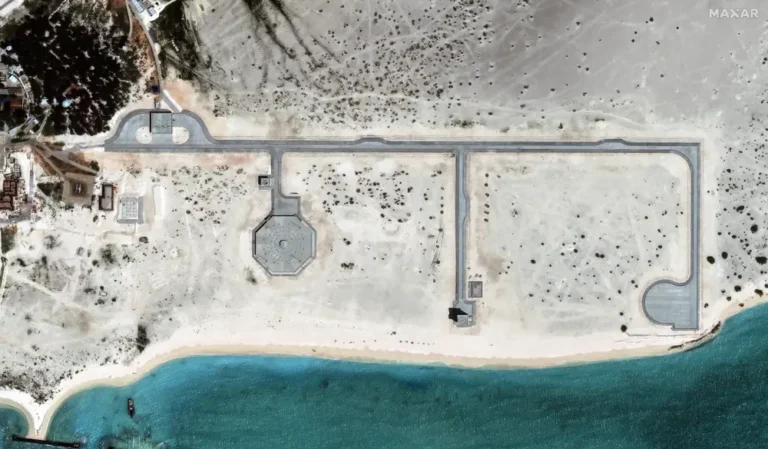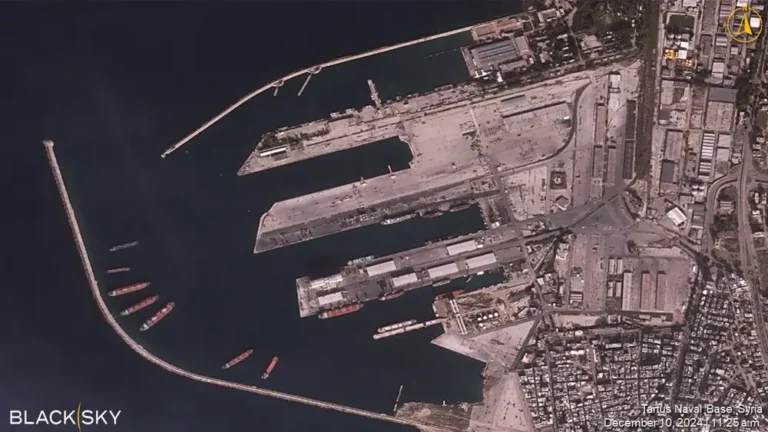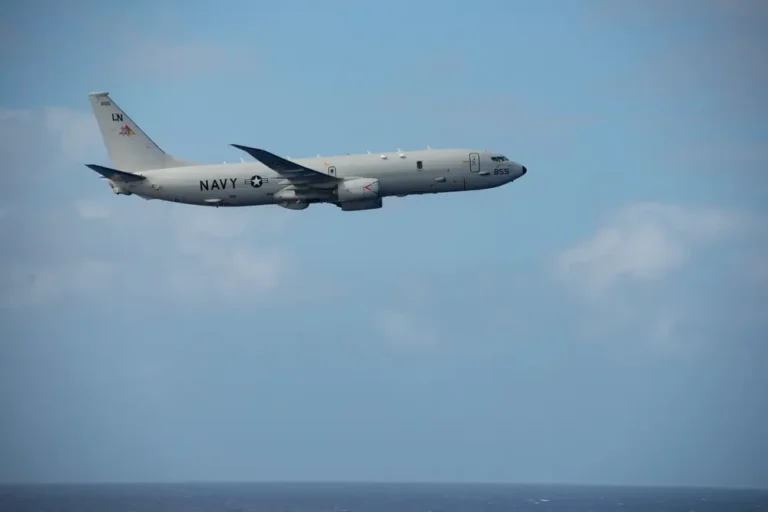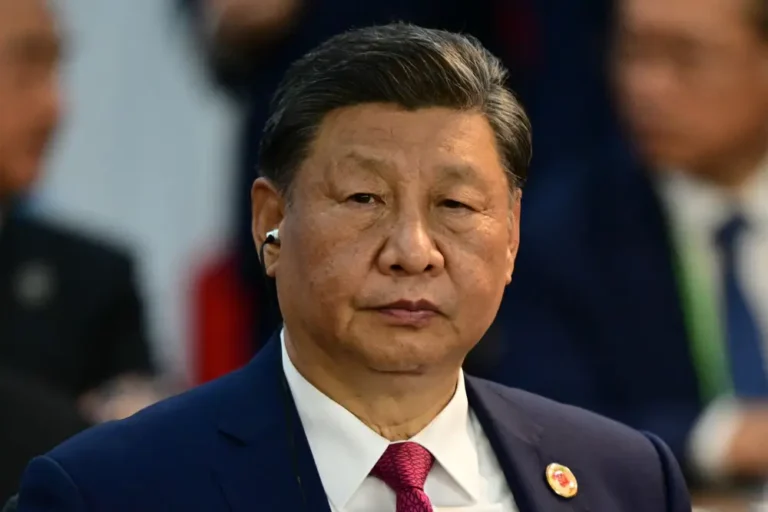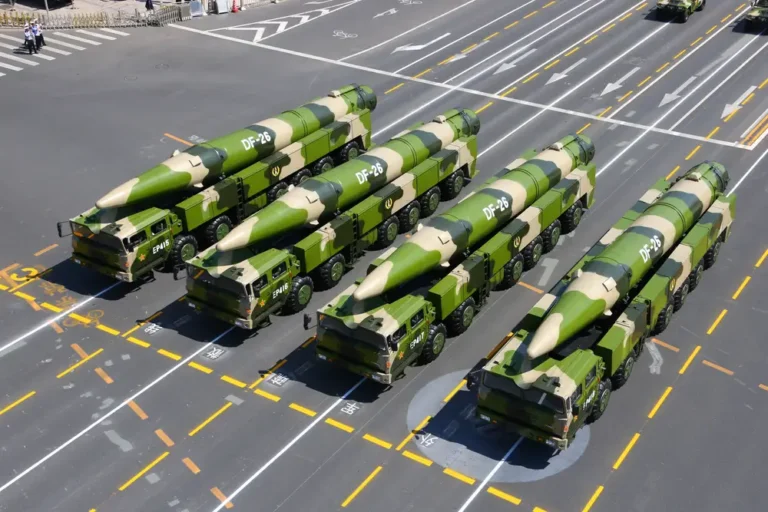Turkey angles for Trump to break the deadlock on F-35 purchases
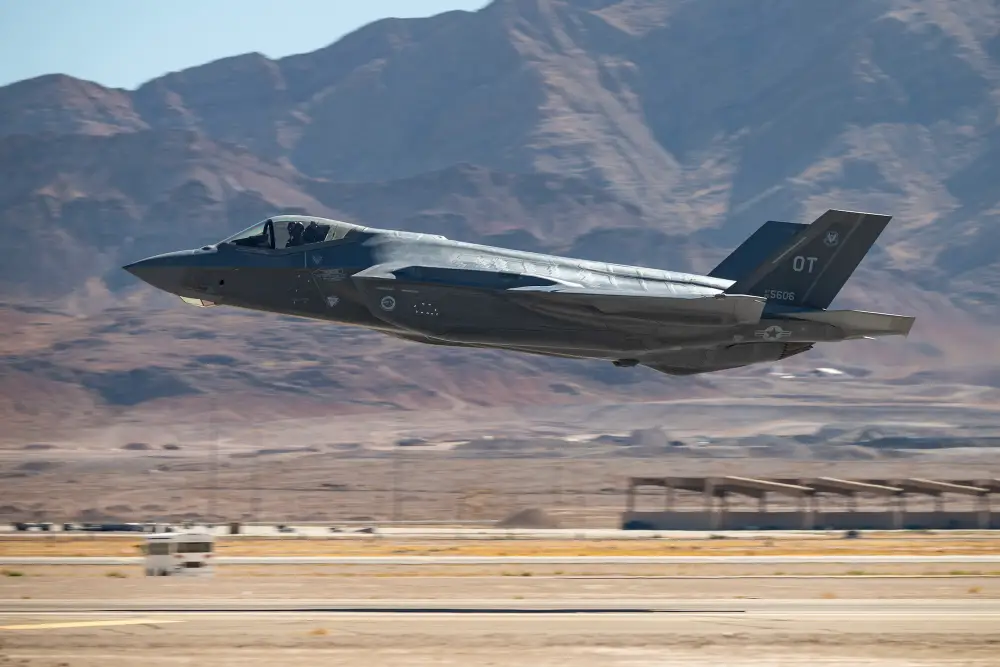
Turkey wants to revisit its US ban on acquiring F-35 stealth fighters.
Until five years ago, Turkey had planned to buy 100 of Lockheed Martin’s F-35 stealth jets to modernize its air force. But its acquisition of a top-of-the-line Russian air defense missile system dashed that plan, with the US barring Turkey from acquiring any F-35s out of concern the sophisticated Russian system could compromise its tiny radar return.
Five years later, Ankara hopes the incoming Trump administration will reverse its ban.
Turkish sources are signaling the discussion may go beyond an appeal from Turkey’s President Recep Tayyip Erdogan, with whom Donald Trump built a rapport. According to Bloomberg, Turkey may agree to restrict its Russian S-400s air defenses in return for the US lifting sanctions. Over the summer, Greek media reported that Washington suggested Ankara transfer the Russian missile launchers to the American section of Turkey’s Incirlik airbase, effectively putting them under American supervision.
“If Turkey agrees to a soft decommissioning of the S-400s by storing them at Incirlik under US supervision, it could significantly accelerate Ankara’s reintegration into the F-35 program,” Suleyman Ozeren, a lecturer at the American University and senior fellow at the Orion Policy Institute, told B-17.
“However, this move would likely require Moscow’s consent, which presents a complex challenge.”
That’s not the only hurdle. While analysts see signs that Trump and Turkey may try to clear the impasse, any agreement could still face resistance in his cabinet and in Congress, which passed the 2017 legislation under which Turkey would later be sanctioned for its acquisition of the S-400 system.
Ali Bakir, a Turkey expert at Qatar University’s Ibn Khaldon Center and nonresident senior fellow at the Atlantic Council’s Scowcroft Middle East Security Initiative, sees “cautious optimism” in Ankara.
He attributes this to the belief that “personal understanding and communication” between Trump and Erdogan will resolve outstanding issues in the Turkish-US relationship, paving the way for a “fresh start.”
“However, it is important to acknowledge that Congress also plays a significant role in this dynamic,” Bakir told B-17. “Congress has often been the most problematic element in US-Turkish relations, rather than the US president.”
“Early indications suggest that Congress may not be particularly favorable towards Ankara,” Bakir said.
Ozeren also anticipates Ankara could find “greater room to maneuver” during Trump’s second term, especially as Republicans will control the House and Senate.
“In theory, this could increase the chances of obtaining US approval for Turkey’s return to the F-35 program,” Ozeren said. “Nonetheless, given the deeply strained relations over the past decade, any progress would likely be fraught with difficulties and setbacks.”
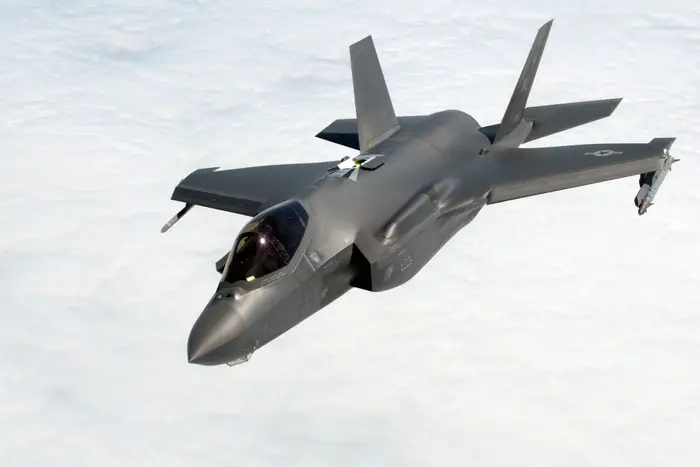
Lockheed Martin’s F-35 would help Turkey modernize its air force.
Ryan Bohl, a senior Middle East and North Africa analyst at the risk intelligence company RANE, believes Trump is personally “keen” on selling F-35s to Turkey.
However, Trump’s nominee for secretary of state, Marco Rubio, is a Russia and China hawk and may prove “less flexible” on the requirements of the Countering America’s Adversaries Through Sanctions Act that became law in 2017. Bohl sees “little sign” that the law will be overturned.
“So, it will remain to be seen if Trump can overcome these institutional hurdles to a sale to Turkey,” Bohl told B-17.
Before Turkey received any S-400s, Washington had repeatedly warned Ankara it would not tolerate F-35s flying in a military that also operates S-400s, fearing that could compromise the low observable radar signature critical to the aircraft’s survivability. Placing Turkish S-400s under US supervision in Incirlik could resolve such concerns.
“The damage will never be too severe in terms of relations; what matters is whether or not the administration, and Congress, decides Turkey has done enough to limit the potential exposure of the F-35 to Russian intelligence and/or information gathering,” Bohl said.
“That will likely be a split between Trump, who tends not to emphasize such risks, and the Pentagon and intelligence services, who do,” Bohl added. “Even with a pliable defense secretary compared to Mark Esper in his first term, this consideration may still be in play.”
Turkey has repeatedly asserted over the years that it no longer needs F-35s since it is developing its indigenous stealth jet, the TF Kaan. Despite these assertions, Ankara would most likely welcome another chance to acquire the fifth-generation produced by Lockheed Martin, in partnership with Northrop Grumman and BAE Systems; its powerful single-engine is built by Pratt & Whitney, a subsidiary of RTX Corporation. The F-35 is flown by 17 American allies.
“I believe that if the ban on F-35s is lifted, Ankara would definitely want to acquire them, despite other parallel deals, as Turkey cannot afford to be overly dependent on a single player in critical times,” Bakir said.
At the same time, Turkey is developing domestic air defenses and has never put the S-400 into service in the five years since receiving them. The intervening Ukraine war, where Russian S-400s suffered losses, could reduce the value Turkey sees in them.
“Certainly, the S-400’s combat performance against Ukraine has been mixed; Turkey may conclude that more advanced F-35s are in its national interest, particularly given Israel’s recent deployment of F-35s against Iran,” Bohl said.
“At the same time, F-35s will be reliant on US supply chains, and those could be interrupted over politics or because of other priorities that make resupply difficult.”

